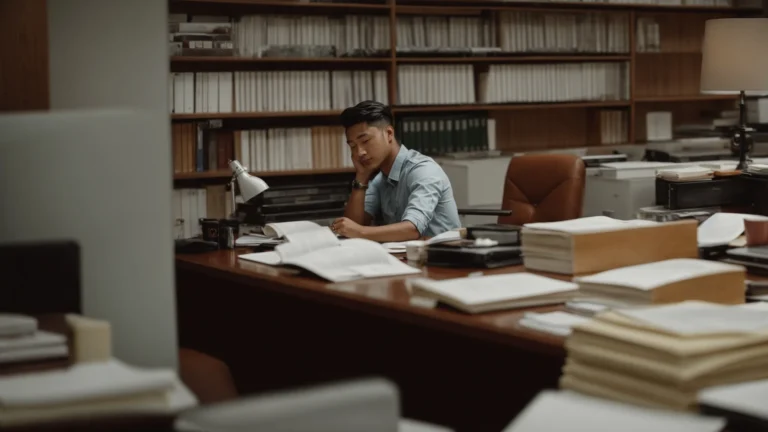Trauma can occur as the result of a physical or emotional event. It can have a serious impact on a person’s life, and can be difficult to overcome. No one experiences trauma in the same way, and some people have a hard time moving on from the event, while others seem to recover quickly. Dealing with overwhelming emotions following a traumatic event can be difficult, but there are ways to cope.
Some helpful tips to deal with trauma include:
Research the psychology of trauma.

Learning about trauma can help people to better understand their own experience. Some people may feel like they are “fine” after a traumatic event, while others may experience a range of symptoms. Some might respond with a classic fight or flight response while others might find they experience a fawning trauma response. It is important to understand that there is no “right” way to respond to trauma, and that everyone’s experience is unique. By understanding more about trauma, people can begin to process their own emotions and start to feel less alone.
Give yourself time to heal.
Trauma can take a toll on your mind and body, so don’t be hard on yourself if you need some time to recover. It’s important to be gentle with yourself and allow yourself to heal in your own way and at your own pace. There is no right or wrong way to deal with severe trauma, so don’t try to force yourself to do anything that doesn’t feel right. Just take things one step at a time and don’t be afraid to ask for help from your friends, family, or a therapist if you need it. Remember, you are not alone in this.
Talk about what happened.
It can be difficult to talk about what happened, but it can be very helpful to talk to someone about it. Expressing your feelings can help you process them and come to terms with what happened. It can also help you to develop strategies for coping with the event and its aftermath. Talking to a therapist, counselor, or other mental health professional can be especially helpful, as they can provide you with support and guidance as you work through your feelings. However, you can also talk to a friend or family member, or even write in a journal, about what you’re going through. Whatever you do, don’t keep your feelings bottled up.
Take care of yourself.

Some things you can do to take care of yourself include eating healthy and exercise, and making time for things that make you happy. When we’re going through a tough time, it’s important to take care of our bodies by eating nutritious foods and getting regular exercise. This can help us feel better both physically and emotionally. Trauma can leave us feeling sad, anxious, and stressed. It’s important to make time for things that make you happy and help you relax. This can include things like spending time with friends and family, reading, listening to music, or taking walks in nature.
Stay positive.
It can be tough to stay positive when you’re dealing with the aftermath of trauma, but it’s important to focus on the good things in your life. Trauma can leave you feeling isolated, scared, and alone, but it’s important to remember that you are not alone. There are many people who understand what you’re going through and who want to help.
Trauma can affect every aspect of your life, from your physical health to your relationships. It’s important to be patient with yourself and to take things one step at a time. There are many resources available to help you, including counseling, support groups, and self-help books.




